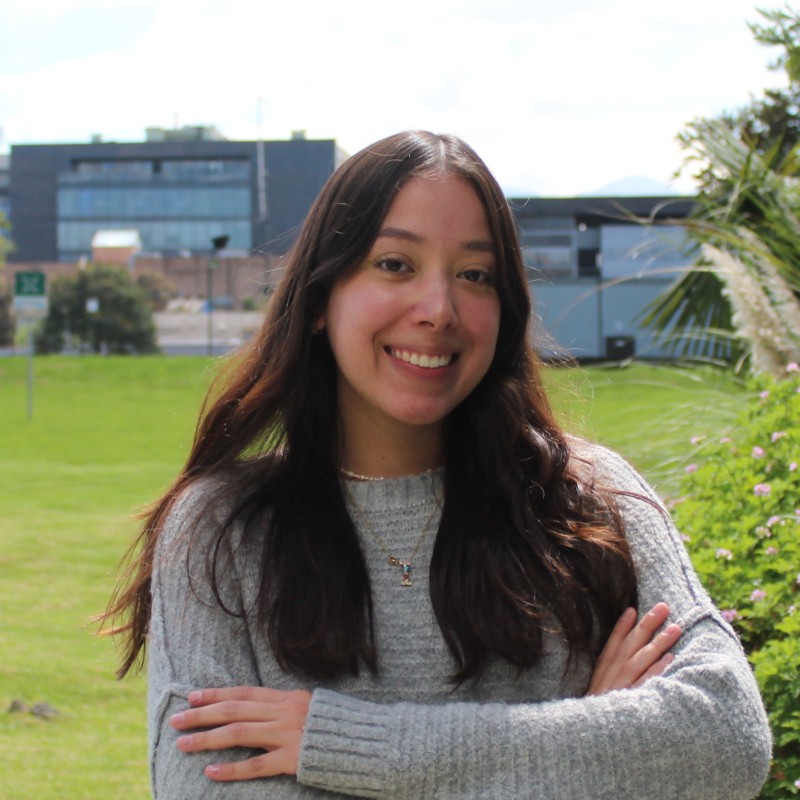An all-in-one overview of the top universities for Business Management studies in Europe!
Time management is one of the most essential skills for students to develop. Between coursework, extracurricular activities, social commitments, and personal time, it can feel overwhelming to balance everything effectively. A 2019 survey by the American Psychological Association found that 61% of students experience significant stress due to academic workload. However, with proper time management strategies, students can reduce stress, improve academic performance, and still maintain a fulfilling personal life.
1. Set Clear Goals
The first step to effective time management is identifying your priorities. Consider both short-term and long-term goals, such as achieving a certain GPA, completing a project ahead of schedule, or dedicating time to a hobby. One helpful method is setting SMART goals—Specific, Measurable, Achievable, Relevant, and Time-bound.
For example, instead of saying, "I want to improve in math," a SMART goal would be, "I will complete three additional algebra practice problems daily for the next month." This approach makes goals more structured and actionable.
2. Create a Study Schedule
Developing a structured schedule helps ensure that academic responsibilities are met without last-minute cramming. A study published in the Journal of Educational Psychology found that students who use planners or digital scheduling tools perform better academically than those who do not.
Here are some ways to organize your time effectively:
- Use a Planner or Digital Calendar – Apps like Google Calendar, Notion, or Todoist can help keep track of assignments and deadlines.
- Time Blocking – Dedicate specific hours for studying, assignments, and activities to maintain structure.
- Pomodoro Technique – Study in 25-minute intervals with 5-minute breaks to maximize focus and avoid burnout.
The 2-Minute Rule – If a task takes less than two minutes, do it immediately instead of postponing it.
3. Prioritize Tasks with the Eisenhower Matrix
The Eisenhower Matrix is a simple yet effective way to prioritize tasks:
- Urgent & Important – Studying for an exam tomorrow, submitting a project on deadline.
- Important but Not Urgent – Working on a research paper due in two weeks, preparing for a long-term competition.
- Urgent but Not Important – Replying to emails, last-minute club meetings.
- Not Urgent & Not Important – Excessive social media scrolling, binge-watching TV.
Focusing on the first two categories and minimizing distractions from the last two can significantly boost productivity.
4. Overcoming Procrastination
Procrastination is a major barrier to effective time management. A 2021 study from the Association for Psychological Science found that 80-95% of students procrastinate to some degree. Here are some ways to combat this habit:
- Break Large Tasks into Smaller Steps – Instead of writing an entire paper in one sitting, start with an outline, then research, and so on.
- Set Mini-Deadlines – Instead of focusing on the final deadline, create smaller milestones to stay on track.
- Remove Distractions – Study in a quiet space, use website blockers like Freedom or Cold Turkey, and put your phone on silent mode.
- Accountability Partners – Studying with a friend or joining a study group can help maintain focus and motivation.
5. Learn to Say No
Many students overcommit to activities, leading to stress and burnout. Before agreeing to a new responsibility, ask yourself these three questions:
-
Does this align with my long-term goals?
-
Do I have enough time to handle this without compromising my studies and well-being?
-
Can I delegate or postpone this task?
Being selective about commitments can lead to better focus and improved productivity.
6. Prioritize Self-Care
Maintaining a packed schedule should not come at the cost of well-being. Research by the National Sleep Foundation suggests that students who get at least 7-9 hours of sleep perform better academically. Other self-care habits include:
- Excercise Regularly – Even 30 minutes of walking or yoga can boost energy and reduce stress.
- Take Breaks – Engage in hobbies, listen to music, or spend time with friends to recharge.
- Eat Nutritious Foods – A balanced diet improves concentration and overall health.
- Mindfulness and Meditation – Practices like deep breathing and guided meditation can improve focus and reduce anxiety.
7. Utilize Productivity Tools
Technology can be a helpful ally in managing time efficiently. Some useful tools include:
- Google Calendar – Organize schedules and set reminders.
- Todoist/Trello – Manage tasks and projects effectively.
- Evernote/Notion – Organize notes and study materials.
- Forest App – Helps maintain focus by limiting phone usage during study sessions.
- RescueTime – Tracks screen time and helps identify productivity blockers.
8. Learn the Art of Multitasking (When Appropriate)
While multitasking can sometimes reduce efficiency, it can be useful when paired with passive activities. For example:
- Listening to audiobooks or lectures while commuting.
- Reviewing flashcards while waiting in line.
- Practicing language skills through conversation apps during downtime.
However, avoid multitasking with high-focus tasks, as research shows that shifting attention too often decreases overall productivity.
9. Evaluate and Adjust Your Strategies Regularly
Time management isn’t a one-size-fits-all approach. What works for one person might not work for another. Periodically assess your strategies:
Reflect Weekly – Ask yourself: Did I meet my goals? What challenges did I face? How can I improve next week?
Make Adjustments – If certain techniques aren’t effective, try alternative approaches.
Stay Flexible – Unexpected events will happen; learning to adapt is key to maintaining balance.
Conclusion
Mastering time management is an ongoing process that requires self-discipline and adaptability. By setting clear goals, prioritizing effectively, reducing procrastination, and making time for self-care, students can create a sustainable balance between academics, extracurriculars, and personal life. Additionally, leveraging technology, maintaining self-awareness, and periodically refining one’s approach will ensure long-term success.
Developing these habits early on will not only lead to academic success but also foster skills beneficial in future careers and personal development. Start small, experiment with different strategies, and find what works best for you. With the right approach, you can make the most of your time while maintaining a healthy and fulfilling lifestyle.
Want to know more about studying abroad?
Mateusz is a high school student and an intern at Edunade. With a keen interest in economics and mathematics, Mateusz actively contributes to ongoing projects, learning from industry professionals and developing practical skills. Enthusiastic, detail-oriented, and eager to grow, he approaches each task with curiosity and dedication, making the most of this opportunity to expand his knowledge and understanding of the business world.
Meet our teamRelated posts
-
-
-
Best Universities for Economics in Europe (2024)
A comprehensive overview of the best universities to study Economics in Europe.
-
Best Universities for Psychology in Europe (2024)
An article outlining best places to study Psychology in Europe for 2024. Check it out!





